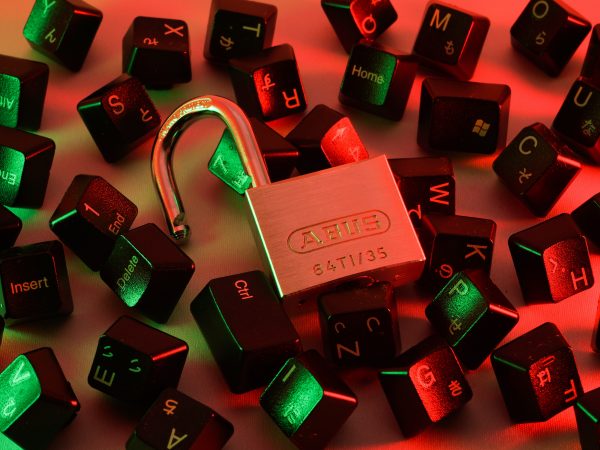 A public charging station is a welcome convenience when your device’s battery is running low. Airports, rest stops, hotels and malls usually have places to charge your devices, but cybercriminals know about these amenities, too.
A public charging station is a welcome convenience when your device’s battery is running low. Airports, rest stops, hotels and malls usually have places to charge your devices, but cybercriminals know about these amenities, too.
The FBI and Federal Communications Commission (FCC) have warned the public of scams at public charging stations. Criminals can load malware onto public USB charging stations. They can also install skimming devices (similar to card reader scams) that read your device after it’s plugged into the USB port. This is known as juice jacking.
Corrupted USB ports can lock your device, export personal data or install keystroke monitoring software. Keystroke monitoring software records every key you depress on your device, allowing criminals to see your confidential information, like banking logins.
How to protect your device from juice jacking
Here are some tips to guard against device juice jacking:
- Carry a portable charger or power bank.
- Use a wall outlet to charge your device. Bring your AC chargers, adapters, car chargers and USB data cables.
- Carry a charge-only cable for use at public stations. These cables support charging, but not data transfers.
- Bring a USB data blocker. These adapters block unauthorized transfers between your device and the charging port.
- Choose the lowest privileges when your device asks you to select trust options. For example, choose “charge only” instead of “share data” or “trust this computer” when prompted.
- Install antivirus software on your devices and update it regularly.
One charging kiosk provider also suggests looking for:
- Steel lockers or other containments to prevent unauthorized access to cables
- Security camera monitoring
- Stations in well-lit, populated areas
- Stations that use charge-only cable systems
According to an FCC post, juice jacking is theoretically possible, but they’re unaware of confirmed instances. Even so, staying vigilant about data security in a world of fast-paced tech advances is your best route for protection. Stay cybersafe out there!

